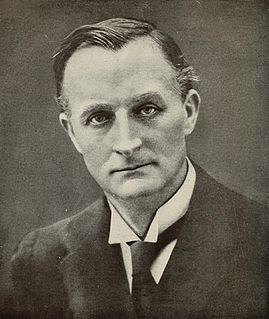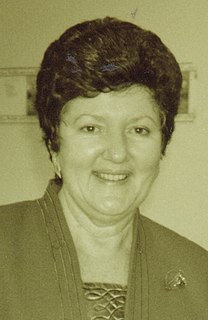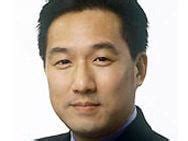A Quote by Nancy Gibbs
Decision making in a democracy depends above all on knowledge and not just the intel available to presidents and policymakers.
Related Quotes
When the Founders thought of democracy, they saw democracy in the political sphere - a sphere strictly limited by the Constitution's well-defined and enumerated powers given the federal government. Substituting democratic decision making for what should be private decision making is nothing less than tyranny dressed up.
I think that [having not a lot of time sweating the details] can be both a strength and a weakness. I think it depends on how [Donald Trump] approaches it. If it gives him fresh eyes, then that can be valuable. But it also requires you knowing what you don't know and putting in place people who do have the kinds of experience and background and knowledge that can inform good decision making.
When we talk about Cuban democracy we are referring to participatory democracy which is big difference with representative bourgeois democracy. Our is a democracy in which everything is consulted with the people; it is a democracy in which every aspect and important decision that has an impact in the life and society of the people, is done in consultation.
The knowledge of the individual citizen is of less value than the knowledge of science. The former is the opinion of individuals. It is merely subjective and is excluded from policies. The latter is objective - defined by science and promulgated by expert spokesmen. This objective knowledge is viewed as a commodity which can be refined... and fed into a process, now called decision-making. This new mythology of governance by the manipulation of knowledge-stock inevitably erodes reliance on government by people.

































